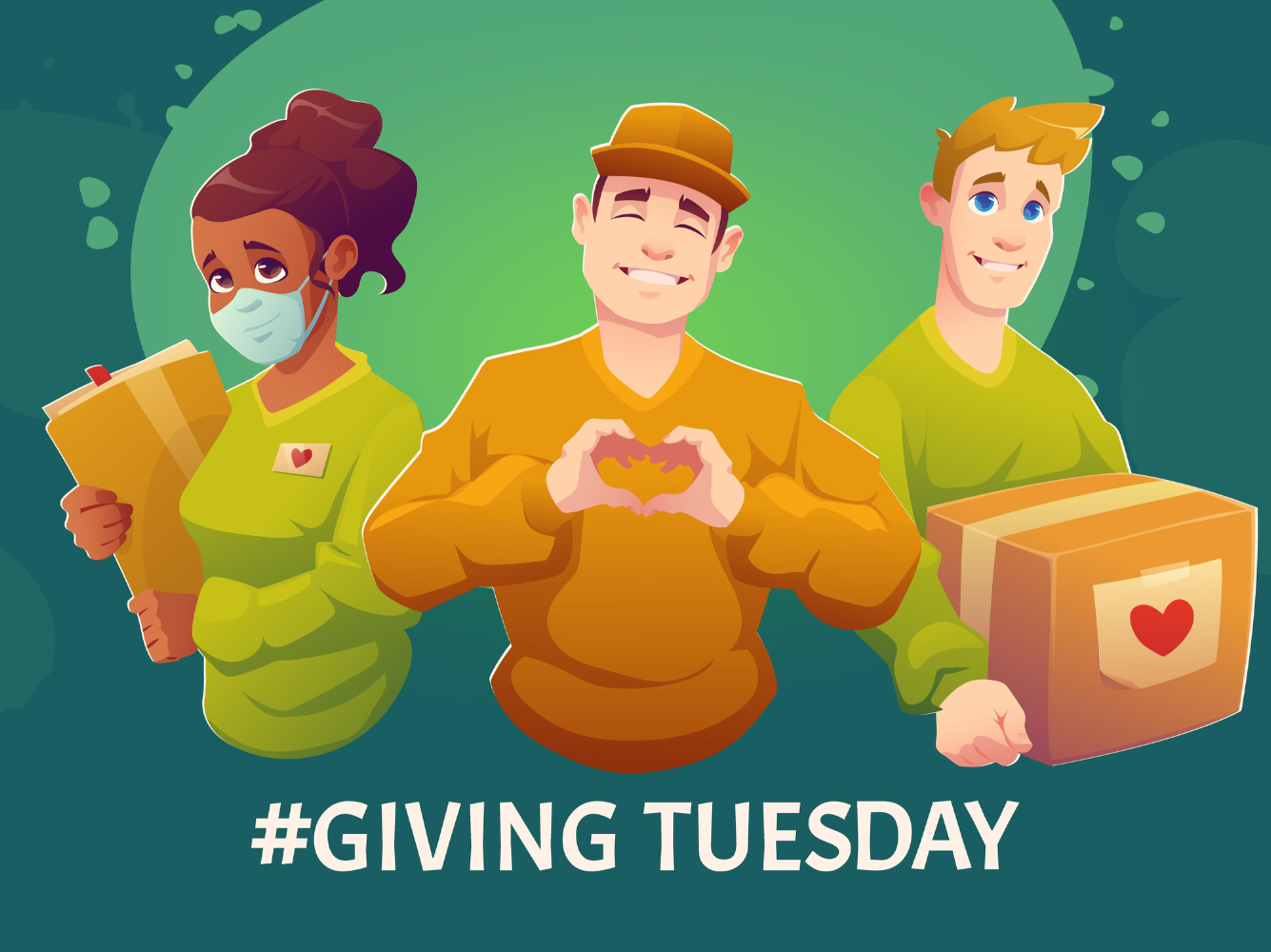The rules of digital visibility are changing.
In a world where AI chatbots like ChatGPT, Claude, and Gemini are becoming the first stop for answers, product suggestions, and brand discovery, traditional SEO tactics are no longer enough. Search engines still matter — but search as we know it is evolving into something more conversational, more generative, and more context-aware.
Welcome to the age of Generative Engine Optimization (GEO).
If your brand wants to stay relevant in this new AI-driven frontier, it’s time to learn what GEO is, why it matters, and how to prepare your content for a future where AI, not just Google, is your audience.
What Is Generative Engine Optimization (GEO)?
Generative Engine Optimization refers to the process of optimizing your content, data, and online presence so that AI-powered engines (like ChatGPT or Google’s Search Generative Experience) are more likely to reference or summarize your content when responding to user queries.
Unlike traditional SEO, which focuses on keyword placement, backlinks, and meta tags to rank in search results, GEO is about becoming the preferred data source for AI-generated responses.
Think of it like this:
Why GEO Matters in 2025 and Beyond
AI assistants are becoming the default interface for search and discovery.
-
42% of Gen Z users now prefer using AI tools like ChatGPT over Google for quick answers and research
-
Google’s own Search Generative Experience (SGE) is rolling out globally, blending traditional search with AI summaries at the top of the page
-
AI chatbots are increasingly shaping buying decisions, content discovery, and even B2B service referrals
This shift means your content can be read, summarized, and recommended by AI — even if the user never clicks on your site.
If your brand isn’t optimizing for generative engines, you’re invisible to the next wave of digital decision-making.
GEO vs. Traditional SEO: What’s the Difference?
| Feature |
Traditional SEO |
Generative Engine Optimization (GEO) |
| Target Platform |
Google, Bing, YouTube |
ChatGPT, Claude, Gemini, SGE |
| Goal |
Rank on page 1 |
Be cited or summarized in AI responses |
| Content Format |
Blog posts, webpages |
Structured insights, digestible takeaways |
| Keywords |
Precise keyword usage |
Contextual relevance and semantic depth |
| Metrics |
Click-through rate, bounce rate |
Citation frequency, AI output monitoring |
GEO doesn’t replace SEO — it layers on top of it, focusing on content structure, authority, and clarity for machine understanding.
How to Optimize for Generative Engines
Here’s a roadmap for building your generative engine optimization strategy:
1. Write for Answers, Not Just Algorithms
AI models pull from billions of data points. Your content must stand out by offering:
-
Clear, question-based headers (like “How do you prepare for Umrah?” or “What is halal investing?”)
-
Concise, structured answers (e.g., 2-3 sentence summaries after each question)
-
Bullet points, FAQs, and definitions to make parsing easier for AI crawlers
Focus on clarity and completeness. The more directly your content answers user intent, the more useful it is to generative engines.
2. Establish Topical Authority
Generative AI prefers trustworthy, high-authority sources. You can boost your credibility by:
-
Publishing clusters of content around your niche (e.g., 10+ related articles on Muslim business ethics or Islamic fundraising strategies)
-
Earning citations, backlinks, and mentions from reputable sites
-
Including author bios with credentials, especially on YMYL (Your Money or Your Life) topics like health, religion, and finance
The goal is to make your site a go-to source the AI trusts.
3. Use Semantic SEO (Not Just Keywords)
AI understands context, not just exact-match keywords. Instead of stuffing keywords like “halal investing tips,” focus on related phrases:
-
Shariah-compliant investments
-
Ethical Muslim portfolio building
-
Zakat considerations in wealth planning
This builds a semantic web around your core topic and helps AI understand your content’s depth.
4. Leverage Structured Data and Metadata
While AI tools don’t always crawl metadata the same way as search engines, it still matters. Use:
-
Schema markup to define FAQs, articles, authorship, and business info
-
Descriptive alt text for images
-
Clear, short meta descriptions that summarize your page
This structured information helps AI models understand your page faster — and possibly use it in a response.
5. Publish Credible, Citable Content
AI doesn’t just summarize — it sources.
To increase your chances of being cited:
-
Include original data, case studies, or unique insights
-
Reference credible studies or scholars where relevant
-
Format your blog content like a mini-encyclopedia: definitions, context, breakdowns
Example: Instead of saying “Muslim brands are growing,” say:
“According to Statista, the halal market is projected to reach $3.2 trillion globally by 2027.”
6. Monitor AI Mentions
You can’t track “rankings” in ChatGPT like Google — but you can:
-
Use tools like AlsoAsked or AnswerThePublic to identify trending queries AI may be summarizing
-
Track your website traffic sources for spikes from AI referrers
-
Manually test prompts in tools like ChatGPT or Gemini to see if your content is being used or summarized
In the future, we may see GEO analytics platforms emerge — so build your foundation now.
Common GEO Mistakes to Avoid
-
Over-optimizing with jargon. AI prefers clarity over cleverness. Simplify.
-
Publishing long, bloated posts without structure. Break content into headings, summaries, and Q&A.
-
Ignoring content freshness. AI tools often rely on updated information. Regularly refresh your content to stay relevant.
-
Neglecting credibility signals. Thin content, missing author bios, or unverified claims reduce your chances of being cited.
GEO for Muslim Brands: A Strategic Opportunity
For Muslim brands, nonprofits, and educators, Generative Engine Optimization presents a unique opportunity:
-
Educational content on Islamic finance, zakat, modest fashion, or halal living is highly query-based — perfect for AI summarization
-
You can become a trusted voice for faith-conscious consumers searching via AI tools
-
Your impact is amplified — not just through search, but through shared knowledge
If you want AI to help spread your message, you must first ensure it understands you.
Final Thoughts: GEO Is Not a Trend — It’s a Shift
Search engines aren’t dying — they’re transforming. And AI is the new gatekeeper of online visibility.
Brands that invest in Generative Engine Optimization today will have a serious advantage tomorrow. They’ll be the ones showing up in voice queries, chatbot summaries, and AI-curated recommendations.
So don’t wait to be discovered.
Start creating for the machine that’s reading everything.
Need help preparing your content for the future of search?
At Sunan Designs, we help Muslim-led brands navigate the next era of digital visibility — ethically, strategically, and with barakah.
Contact us to future-proof your presence with GEO.








